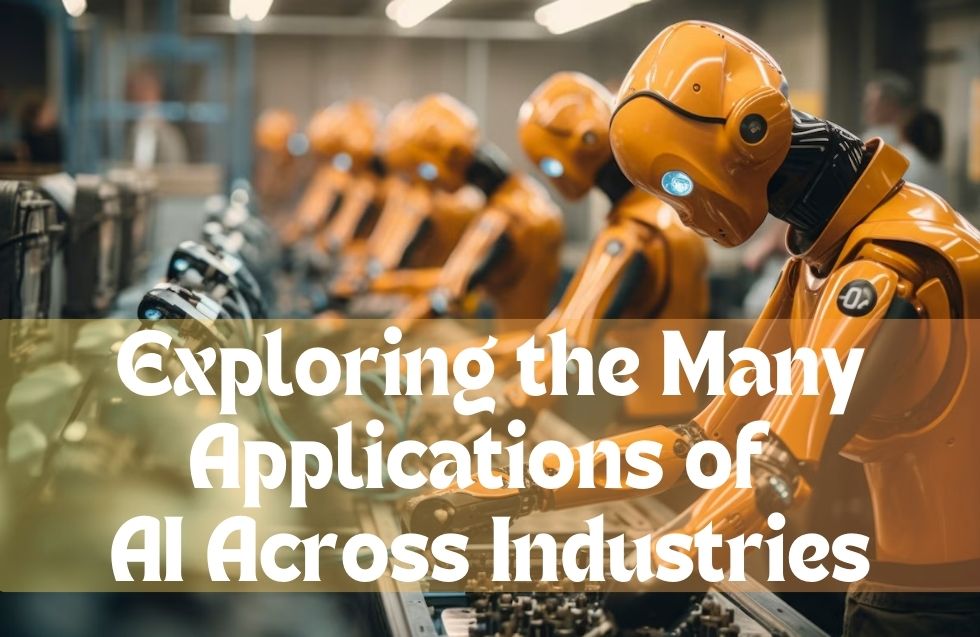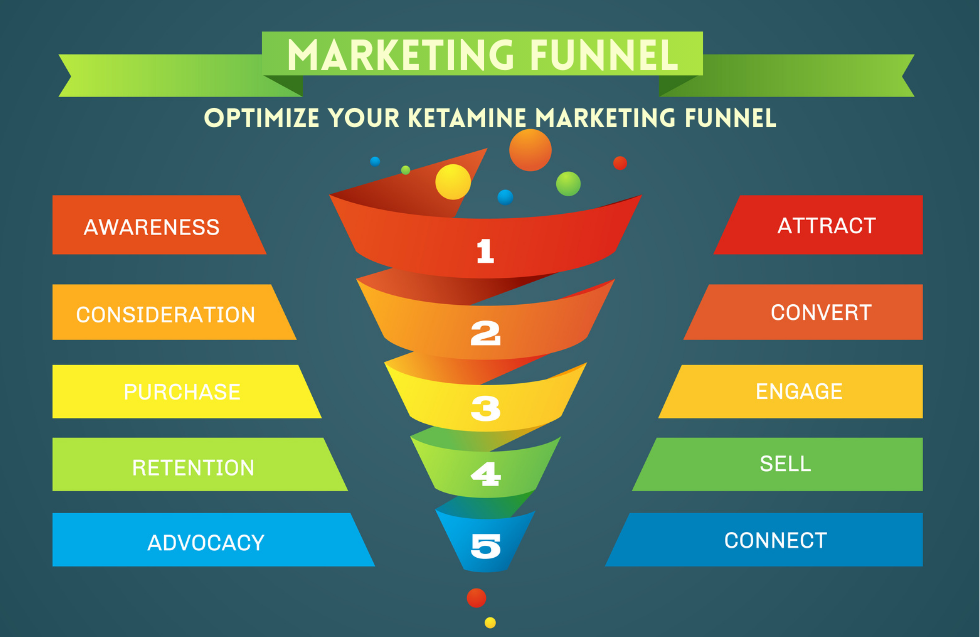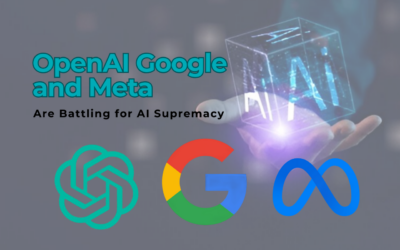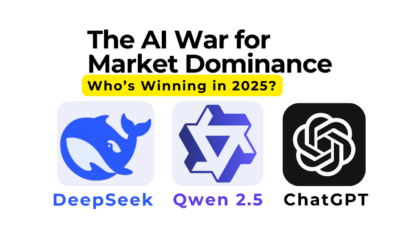Artificial intelligence is transforming industry practices and changing how businesses operate. By 2023, the market value of AI technologies reached $538 billion, and it’s expected to jump to over $3,680 billion by 2034. This rapid growth shows how important AI is becoming in different fields and its ability to boost productivity and spark new ideas.
This post will look at how AI is used across various industries, showing its key role in improving business efficiency and creating new strategies to address old problems with advanced technology.
AI in Nonprofit
Nonprofits are adopting AI to transform how they raise funds. Several fundraising AI platforms use machine learning and data analytics to simplify how donations are made, offering a tailored experience for contributors.
These AI systems analyze how donors behave and what they prefer, customizing messages and requests to each supporter, which greatly increases participation and contributions. Additionally, AI’s automation features lighten the workload on staff, freeing up more resources for nonprofits to focus on their primary objectives instead of backend tasks.
AI in Healthcare
In healthcare, AI significantly alters how medical services are provided, especially in areas like diagnostics, personalized medicine, and treatment planning. AI programs analyze extensive medical records to help diagnose illnesses more precisely than before. Additionally, AI is instrumental in shaping patient care by recommending tailored treatment strategies derived from each person’s unique health information.
Outside of patient treatment, AI also simplifies administrative operations within healthcare facilities, improving their overall function. It reduces the hours spent on repetitive tasks like data entry and scheduling, freeing up staff to focus more on direct patient interactions. AI further aids in forecasting the number of patient admissions, enabling hospitals to adjust their staff allocations more efficiently.
AI in Finance
The finance sector gains significantly from AI, particularly in risk management, spotting fraud, and automating service interactions. AI technologies scrutinize customer profiles and historical transactions to pinpoint potential threats and halt scams. They also customize banking experiences, giving clients individualized financial guidance and refining choices.
AI lightens the load by handling repetitive tasks, allowing human staff to tackle more intricate service matters, thereby boosting service excellence. AI sharpens the precision and speed of determining creditworthiness, accelerating loan sanctioning while maintaining stringent evaluation criteria. It also tracks and forecasts financial market movements, aiding analysts in making prompt, well-informed investment choices.
AI in Retail
AI is changing retail by tailoring shopping experiences and improving inventory management. Sophisticated algorithms examine customer behavior to suggest products that fit their tastes, leading to happier customers.
On the operational front, AI boosts inventory accuracy and streamlines logistics, ensuring that products are restocked efficiently to meet demand without excess, which cuts waste and boosts profits. AI also forecasts future buying trends, helping retailers adjust their marketing tactics quickly.
AI in Manufacturing
In the manufacturing sector, AI plays a key role by improving predictive maintenance, enhancing quality checks, and fine-tuning supply chain management. It predicts machine failures, allowing companies to conduct maintenance as needed. This approach cuts down on idle time and boosts the longevity of machinery. AI-driven quality checks also identify defects that human inspectors might overlook, ensuring the final products are up to standard.
Moreover, AI refines supply chain processes by predicting product demand and tweaking production plans to cut costs and enhance efficiency. It also contributes to workplace safety by keeping tabs on conditions and foreseeing potential dangers. Additionally, AI speeds up the adaptation of production lines for new product designs, thus shortening the product’s entry into the market.
AI in Education
AI is changing education in big ways. It personalizes learning, adjusts to each student’s pace and style, and handles tasks like grading and administration. This customization helps address learning gaps and creates a more inclusive environment.
Additionally, AI lightens the load for teachers by taking over grading and other routine tasks, so they can focus more on teaching and interacting with students. It also tracks students’ progress and gives teachers useful information to improve their methods. Plus, AI-powered simulations and virtual labs let students gain practical experience in subjects that are usually taught only in theory.
Final Thoughts
The use of AI in different sectors shows its ability to significantly enhance and introduce new methods. With ongoing advancements, AI is expected to further alter business operations profoundly.
It’s important for both businesses and individuals to keep up with AI advancements and think about the moral aspects of its extensive use. While adopting AI has its advantages, it also necessitates a thoughtful analysis of its effects on societal and industrial interactions.













